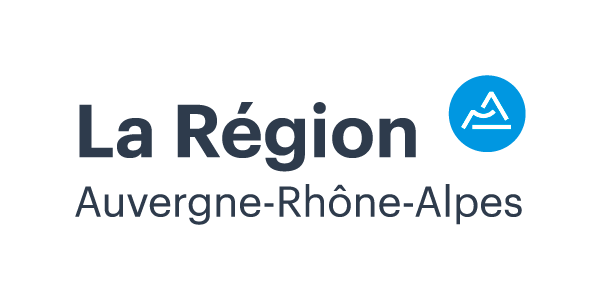SPORTS EDUCATION: HOW TO PREPARE FOR NATIONAL SUCCESS?
After the French athletes’ rout during the 2023 World Athletics Championships, the two-time decathlon world champion Kevin Mayer explained to the media: “If you want performances, enroll your children in an athletics club, make them watch it on television, and then, in 20 years, you will get your results”.


The Swedish example is noteworthy. Handball, their most popular and practiced sport is also the discipline in which professional athletes shine the most on the international stage. Their male team has an impressive track record: four-time Olympic champion, four-time World champion and not less than six-time European champion.
How to make sense of these results?
Swedish people are the sportiest in Europe: 91% of the population takes part in sports activities. This is due to a real philosophy of training. The Swedish government encourages the enrolling in sports from an early age by giving access to a wide range of infrastructures, promoting innovation and creating jobs in this sector. Also, their handball federation massively invested in the training of talented young competitors. As a result, top-level players have been trained with a unique style for generations, an incomparable technique that makes all the difference in international competitions.
How can France draw inspiration from the Swedish culture to improve its results in sports?
In France, some collective sports are really popular and commonly practiced. The country stands out in football as a two-time World champion ; and in rugby as a thirty-seven-time winner of the male Six Nations Championship, and six-time winner of the female version of this tournament. However, this is far from being the case in “individual” sports such as athletics and tennis. Those two disciplines meet the same structural difficulties: poor accessibility and visibility during great international championships and above all, a lack of infrastructure that prevents the progress of young athletes.
For tennis, since the so-called ”Fourth Musketeers” (Jo-Wilfried Tsonga, Gilles Simon, Richard Gasquet and Gaël Monfils) have reached the end of their career, no real successor has taken up the torch. In an interview following the 2022 Roland Garros tournament, Jo-Wilfried Tsonga, then retired, explained in a few points the limits of tennis training in France. For him, the problem mainly comes from the organization of the French Tennis Federation, which requires all young talents to train in the same place in Paris, and under the same, often hard conditions, preventing young people from discovering their assets, putting them all “in the same batch”. It would be, up to him, necessary to provide a more adequate environment for each player, closer to their home, with private coaches. The transmission between old and new players must also be improved. Recently, Florent Manaudou also supported this message: “We are not a sports country at all”, pointing at the lack of preparation and infrastructures for the 2024 Olympic Games.
This discourse of great French sportsmen could help question the management of the major French sports organizations, but also state institutions, such as the National Education, who recently, against the tide, cut off two hours of sports for middle school students, out of the four previous ones.
Once again, we observe the importance of culturally anchoring sports within institutions, focusing on the development and well-being of young people, enabling them to rub shoulders with the greatest.
By Lucie PETIT and Inès JUNGMANN
To go further on our January file dedicated to the sport, you can read our International Relations and Society sections’ articles on our blog.
Follow MINERVIEWS











